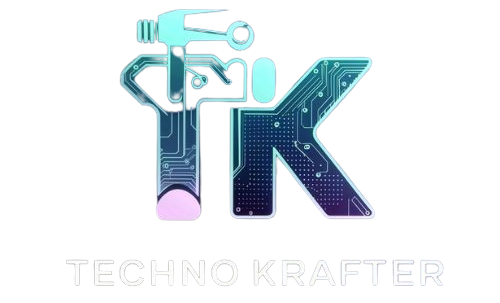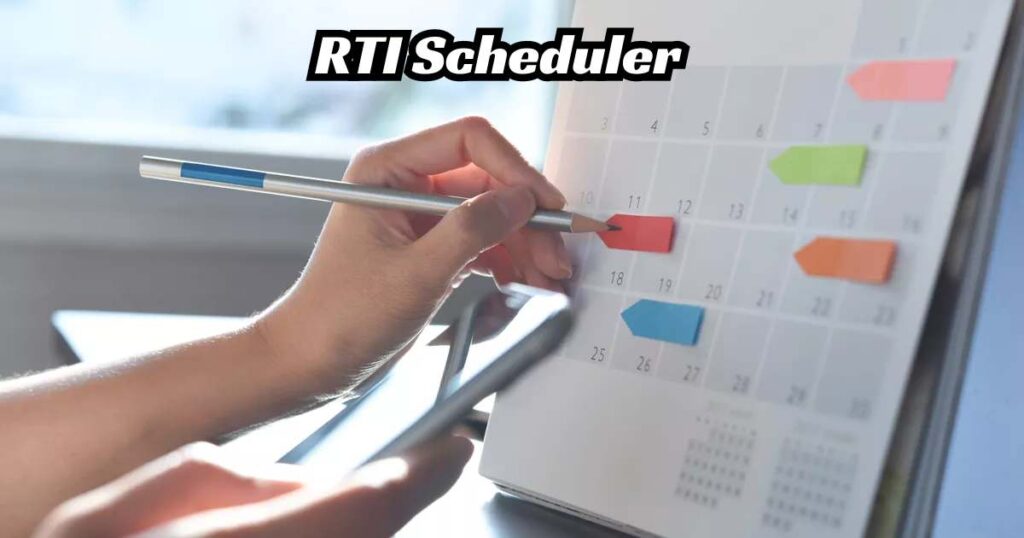Effectively supporting all students requires identifying individual needs and providing targeted interventions. An RTI (Response to Intervention) scheduler is the key tool for streamlining this process.
It pinpoints which students require intervention, their specific areas of need, and schedules them into the appropriate sessions during designated intervention periods.
With an RTI scheduler, schools can ensure struggling students get the right support at the right time, fostering an environment where every learner can reach their full potential.
What does this look like?
Many schools dedicate a portion of their daily schedule to provide students with intervention or enrichment opportunities, often referred to as Intervention Periods, Enrichment Periods, Intervention/Enrichment Blocks, or RTI time.
During these designated periods, students receive targeted support tailored to their individual needs, whether it’s academic assistance in a particular subject area, counseling sessions, or enrichment activities to challenge and engage advanced learners.
An RTI scheduler streamlines the process of assigning students to the appropriate intervention or enrichment session based on their unique requirements.
Educators can effortlessly schedule students to work with specific teachers, counselors, or specialists, ensuring a personalized approach to addressing each student’s needs.
Do I really need an RTI scheduling tool?

While it is possible to manage RTI sessions without a dedicated scheduling tool, implementing an effective RTI program can become increasingly complex and time-consuming without the right technology.
An RTI scheduler offers numerous benefits that can significantly enhance the efficiency and impact of your intervention and enrichment efforts.
First and foremost, an RTI scheduling tool helps maintain organization and accountability. As student needs evolve over time, their intervention or enrichment assignments may need to be adjusted accordingly.
Relying on traditional methods like paper hall passes can quickly become overwhelming and prone to errors. With an RTI scheduler, teachers and administrators can easily make changes to student schedules, ensuring that every learner is receiving the appropriate support.
Scheduling RTI Sessions
Effective scheduling of RTI sessions begins with a data-driven approach. By analyzing student performance data, educators can identify which students require intervention and pinpoint their exact areas of need.
This information, combined with input from staff members and the students themselves, guides the decision-making process for scheduling appropriate interventions or enrichment activities.
Once a student’s needs have been identified, the RTI scheduler allows educators to assign them to the relevant teacher, counselor, or specialist during the designated intervention or enrichment block.
Educators can specify the type of session, such as extra help, intervention, or enrichment, ensuring a targeted and focused approach to supporting each learner.
Provide Ongoing Support
For some students, a single intervention session may not be sufficient to achieve proficiency or address ongoing challenges.
In cases where students require long-term academic support or are dealing with complex situations like mental health concerns or family difficulties, an RTI scheduler enables educators to schedule recurring intervention sessions over an extended period.
By creating intervention sessions that repeat on a consistent basis, such as every Friday for three months, educators can provide the ongoing support and continuity necessary for meaningful progress.
This approach recognizes that some students may require more time and sustained effort to overcome obstacles and reach their full potential.
What makes an Intervention Block effective?

To maximize the effectiveness of an intervention block, careful planning is crucial. This planning process involves thoroughly understanding student needs and ensuring that each learner is scheduled for interventions or enrichment activities that directly address those needs.
For example, a student requiring math intervention would be scheduled with a math teacher during the intervention block, rather than an English teacher.
Additionally, planning for small group interventions can enhance effectiveness. By grouping students with similar needs together, teachers can deliver targeted support at an appropriate pace and level, maximizing the impact of the intervention.
Effective planning also involves establishing a clear strategy for determining when students require intervention, the duration of intervention sessions, and the criteria for evaluating progress and adjusting interventions as needed.
Renaming the intervention block to a more inclusive term, such as “WIN time” or “Power Hour,” and scheduling it at a consistent time during the school day can help destigmatize the process and ensure that all students receive support or enrichment without being pulled from regular classes.
By carefully planning and implementing an RTI strategy and leveraging the power of an RTI scheduler, schools can create a comprehensive system for supporting student success and well-being.
FAQ’s
How does an RTI scheduler help identify students in need of intervention?
An RTI scheduler helps identify students in need of intervention by allowing educators to analyze student performance data and pinpoint specific areas of need. This data-driven approach ensures that interventions are targeted and tailored to each student’s unique requirements.
Can an RTI scheduler be used for both academic and non-academic interventions?
Yes, an RTI scheduler is versatile and can be used to schedule both academic interventions (e.g., subject-specific support) and non-academic interventions (e.g., counseling sessions, social-emotional learning activities).
How does an RTI scheduler contribute to ongoing support for students?
An RTI scheduler enables educators to schedule recurring intervention sessions over an extended period, ensuring that students receive continuous support until they achieve proficiency or their needs are addressed.
Can an RTI scheduler accommodate small group interventions?
Yes, an RTI scheduler can facilitate small group interventions by allowing educators to group students with similar needs together and assign them to appropriate teachers or specialists for targeted support.
How does an RTI scheduler support effective planning for intervention blocks?
An RTI scheduler supports effective planning for intervention blocks by providing a centralized platform for educators to analyze data, identify student needs, assign appropriate interventions, and track progress over time.
Also Read This Post:
H5 FireKirin: An Immersive Journey Into Mythical Realms
Final Thoughts
Implementing an RTI approach with the aid of a powerful scheduling tool like Enriching Students can revolutionize the way schools support student success.
By streamlining the process of identifying individual needs, scheduling targeted interventions or enrichment activities, and providing ongoing support, an RTI scheduler empowers educators to create a personalized and data-driven system for fostering academic excellence and personal growth.
With careful planning, effective implementation, and the right tools in place, schools can unlock the full potential of every learner, ensuring that no student is left behind on their educational journey.







